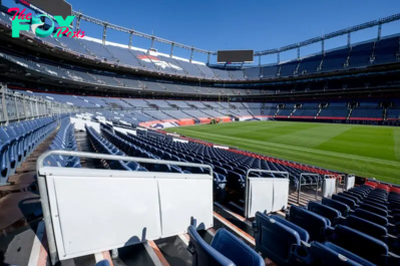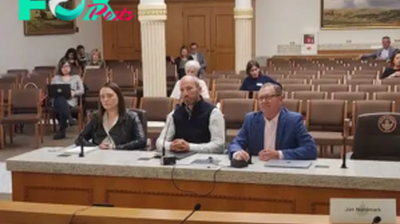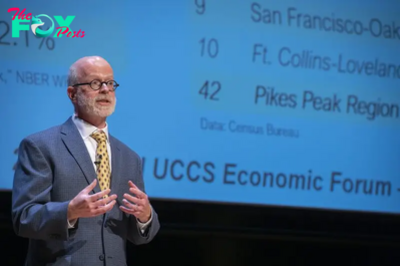Technology
What’s Working: What some Coloradans think about the proposed supermarket megamerger

Quick links: What Coloradans think | Big Tech in Colorado | Sept. unemployment rate | SecureSavings update | Colorado Springs Airport and its $8 million grant | We’re hiring!
Try as they might to assure customers that grocery stores won’t close and prices won’t rise after a proposed supermarket megamerger, Kroger and Albertsons executives might as well be on trial to testify under oath.
Of course, that’s exactly what’s been happening in room 414 of Denver District Court for the past four weeks. The Colorado attorney general’s case attempting to block the union of the parents of Safeway and King Soopers ended Thursday. The future of the proposed $24.6 billion merger is now up to Judge Andrew Luxen, at least here in Colorado. The Federal Trade Commission’s antitrust case is separate.
In Colorado, the merger would result in 91 Safeway and Albertsons stores sold to retail newcomer C&S Wholesale Grocer, while millions of dollars would be invested to lower prices at the 91 stores plus another 14 Safeways that Kroger plans to keep. No stores would close, company executives testified.
But details the AG’s team of lawyers dug into during the trial have readers incredulous, especially grocery store executives’ acknowledgement that eight City Markets, mostly on the Western Slope, were deemed “mountain no comp” zones and prices were raised.
“Proof is in the pudding,” said Greg Ching from Lafayette in response to last week’s What’s Working poll asking readers to share thoughts and concerns about the proposed merger.
So far, 29 people have responded. Most said something along the lines that despite corporate promises, they feel a grocery store will close in their town, even if other competition remains.
“Huge concerns,” said Marcella Schieffelin, who moved in April to Grand Junction where a Safeway closed in 2015 after a different supermarket merger. “There is potential for price gouging and stores without union representation, higher unemployment, and stores closing creating food deserts and increased barriers due to the need for people to travel greater distances to get food and supplies like medicine.”
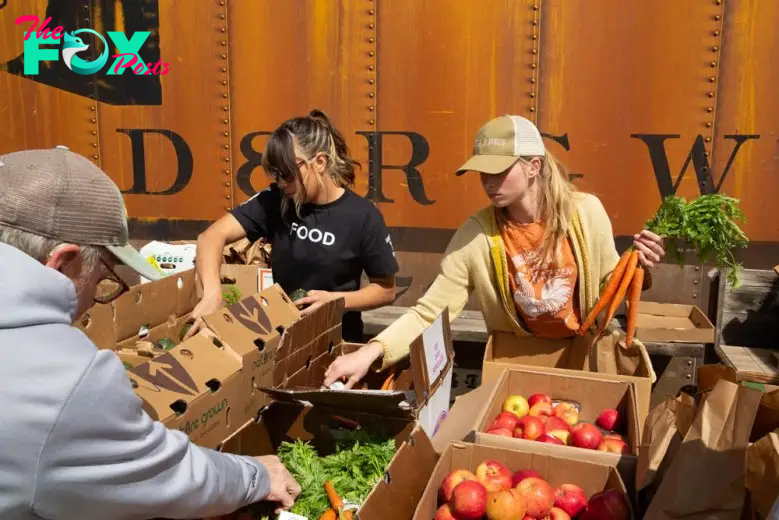
It’s already rough in Gunnison, said resident Mandi Leigh, where there’s a Safeway, City Market, Natural Grocers and a locally owned grocery store (looks like there’s also a Walmart offering some groceries).
“That may sound like a lot of options, but in the summer months food sells out and parking lots are insane,” as tourists and second-home owners flock to town, Leigh said in an email.
Many local residents organize their shopping based around the arrival of food delivery trucks, she added. “There is always something to eat, like vegan cheese and meat substitutes and myriad processed foods. But, finding an onion in the summer is a celebration. Sometimes they label produce ‘limit two’ at City Market and Natural Grocers.”
Kroger plans to keep the Gunnison City Market while C&S is slated to buy the Safeway. Here’s a map of what would happen to Colorado’s Albertsons and Safeways if the merger goes through as planned.
Jack Buffington, an associate professor at University of Denver Daniels College of Business who specializes in supply chain management and marketing, said even if judges in the Colorado and FTC cases rule in favor of the people, the grocery stores can always appeal. His sense is they’re waiting for the outcome of the presidential election. A Republican win would likely undo or be less supportive of FTC Chair Lina Khan’s pursuit of antitrust cases.
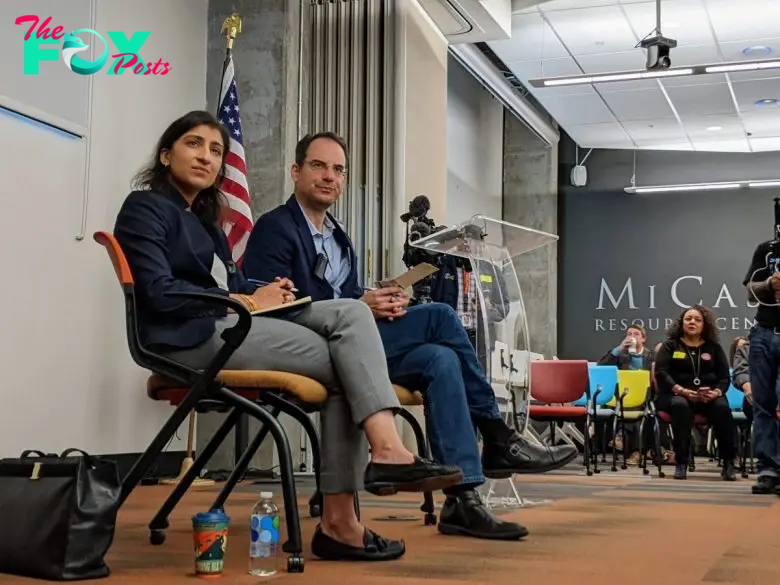
In his view, Kroger and Albertsons can’t catch up with a competitor like Walmart, which has figured out how to sell food to customers cheaper and more efficiently — online, in-store or via curbside pickup. Mergers typically do provide cost-cutting benefits, which in the case of supermarkets could be by consolidating the number of suppliers and local stores, especially those next to one another.
Traditional supermarkets continue to have a large footprint and Kroger will gain a couple thousand stores if the planned merger is successful.
“I say shoppers should do their homework and do their research,” Buffington said. “But I’m just as guilty as anyone else, I just go to the store that’s closest to me. And they’ve got a big footprint. … I don’t think they’re going to go away anytime soon.”
Earlier coverage:
➔ Future of Colorado Safeway stores now up to Denver judge. Colorado AG’s case points to Kroger and Albertsons’ anti-competitive past, but Kroger says plans to lower prices and compete with divestiture partner C&S makes business sense in $24.6 billion merger. >> Read story
➔ By the numbers: Colorado’s antitrust trial to block the Kroger-Albertsons merger. Here are some numbers we’ve learned that could impact Colorado. >> Read story
-

 Technology11h ago
Technology11h agoTransplanting insulin-making cells to treat Type 1 diabetes is challenging − but stem cells offer a potential improvement
-

 Technology12h ago
Technology12h agoJapan's $26 billion deep sea discovery sparks serious environmental concerns | The Express Tribune
-

 Technology16h ago
Technology16h agoShould I worry about mold growing in my home?
-

 Technology16h ago
Technology16h agoBlurry, morphing and surreal – a new AI aesthetic is emerging in film
-

 Technology1d ago
Technology1d agoSpaceX’s Starship advances in spaceflight despite booster landing failure | The Express Tribune
-

 Technology1d ago
Technology1d agoGreat Barrier Reef faces 'significant coral deaths' following recent climate events | The Express Tribune
-

 Technology1d ago
Technology1d agoMeta to challenge India's data-sharing restrictions between WhatsApp, other apps | The Express Tribune
-

 Technology1d ago
Technology1d agoMerlin inks £85m deal to bring Minecraft attractions to UK, US parks by 2026-2027 | The Express Tribune

